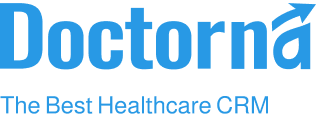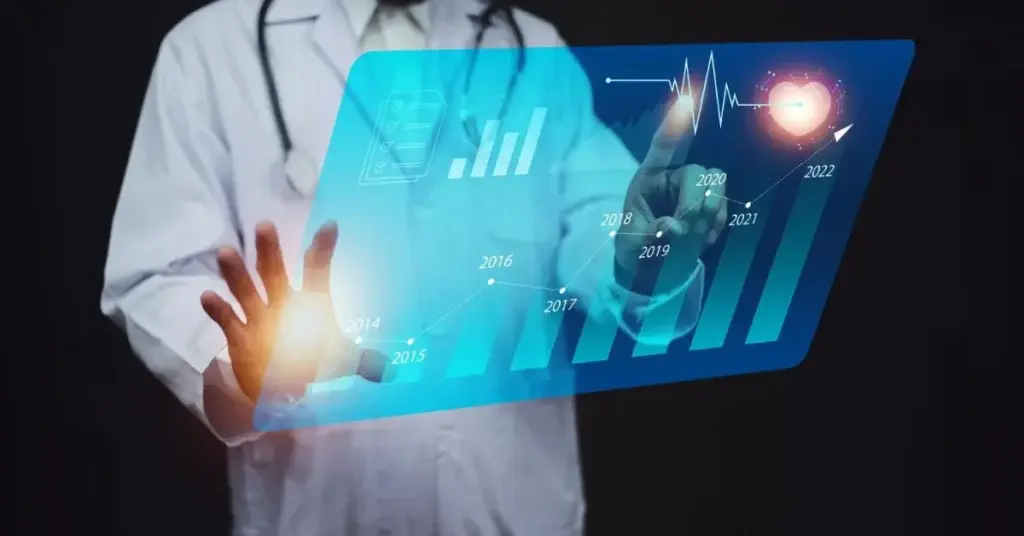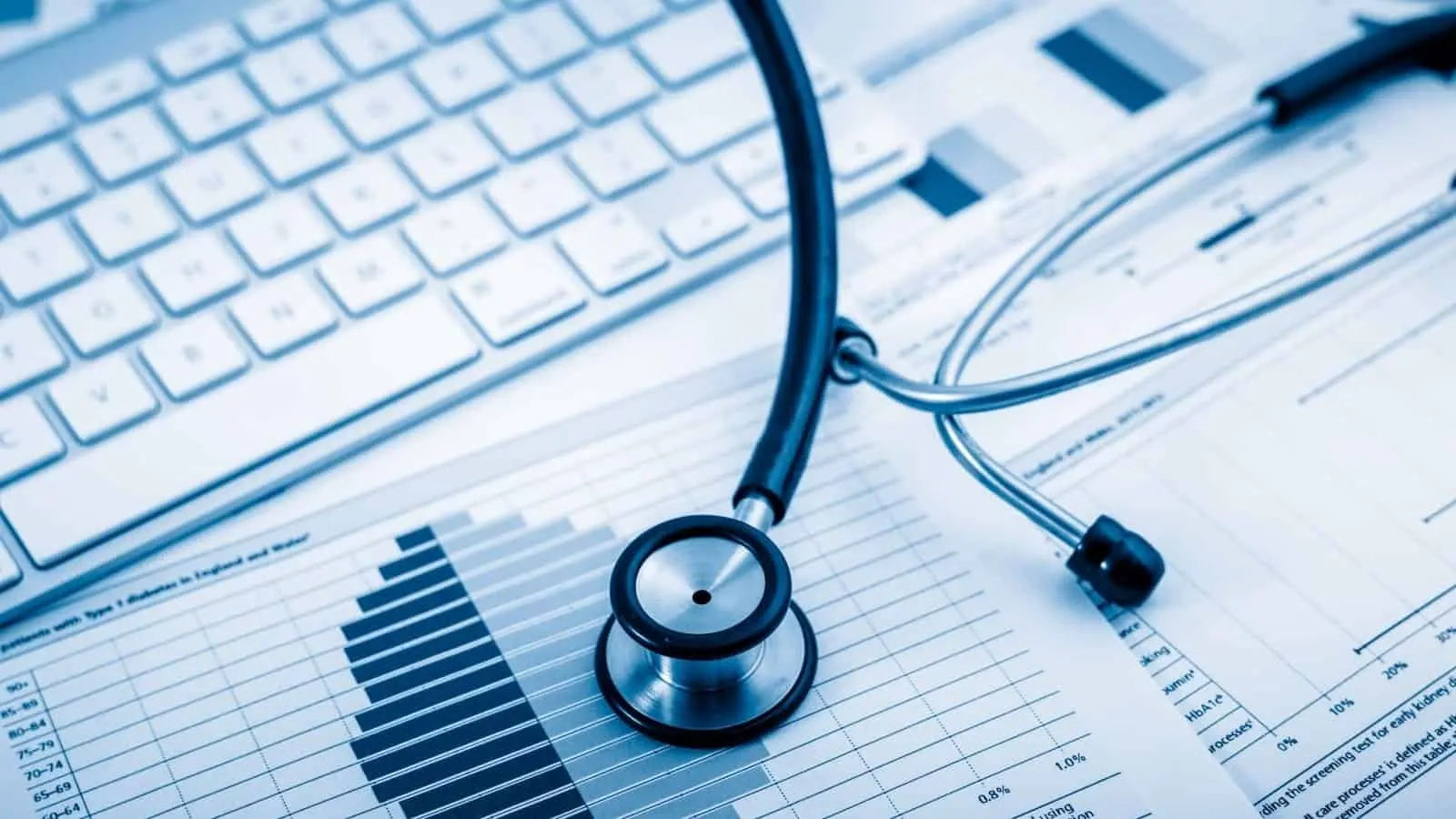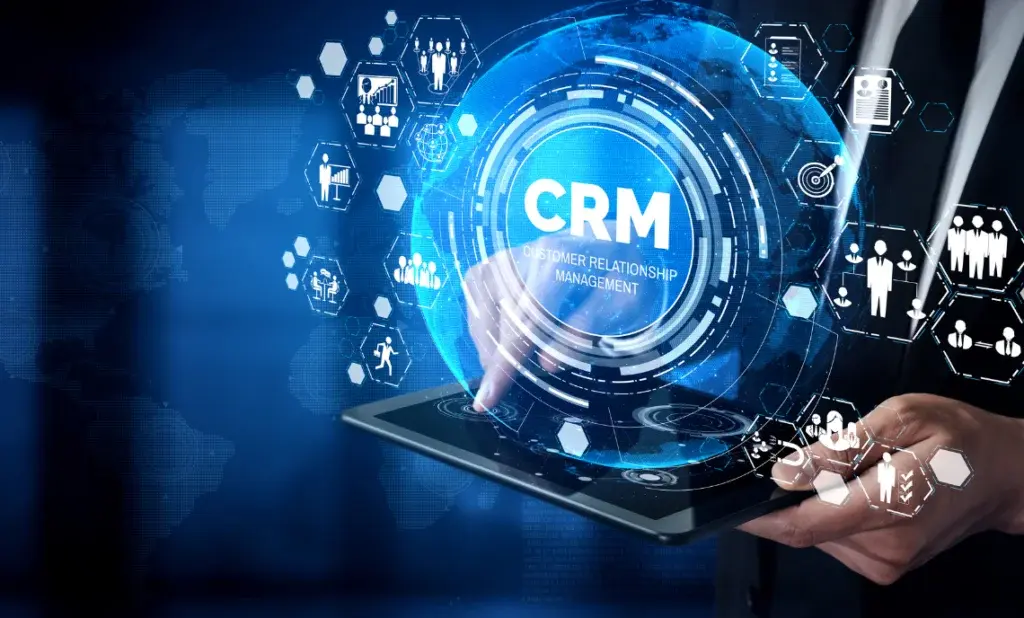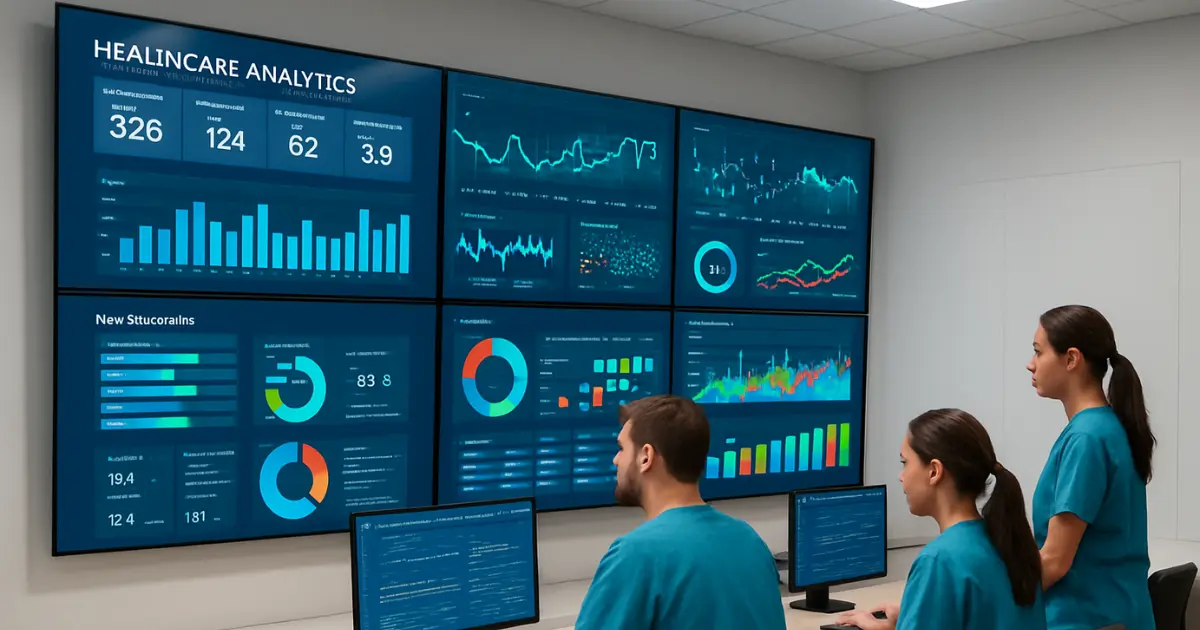The healthcare industry is undergoing a profound transformation driven by digital technologies. Among these innovations, Healthcare Customer Relationship Management (CRM) systems are emerging as vital tools for improving patient engagement, streamlining workflows, and enhancing clinical outcomes. Traditionally, CRMs have focused on managing patient data, scheduling appointments, and maintaining communication records. However, the future of Healthcare CRM is being shaped by Artificial Intelligence (AI), automation, and advanced analytics, turning these platforms into intelligent, patient-centric ecosystems.
In this blog, we explore how these technologies are revolutionizing Healthcare CRM, the benefits they bring, and what healthcare providers can expect in the coming years.
1. Artificial Intelligence: Driving Smarter Patient Engagement
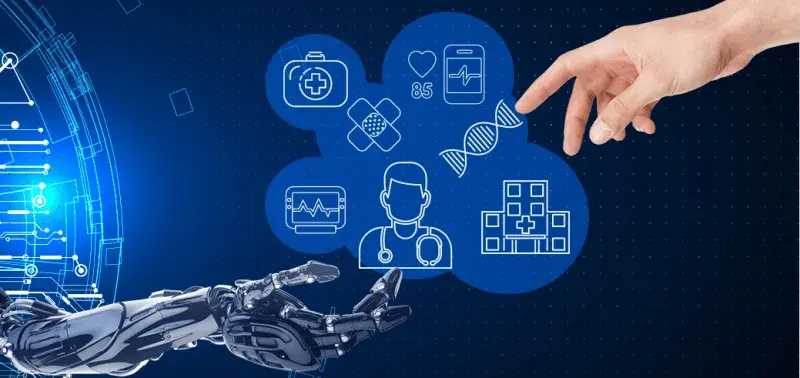
AI is arguably the most transformative technology for healthcare CRMs. By leveraging machine learning algorithms and natural language processing, AI can analyze vast amounts of patient data to generate actionable insights.
Predictive Healthcare
AI enables predictive analytics that anticipates patient needs before they arise. For example, by analyzing medical history, lab results, and behavioral patterns, AI-driven CRMs can identify patients at risk of chronic conditions or detect early warning signs of potential complications. This predictive capability allows providers to intervene proactively, improving patient outcomes and reducing hospital readmissions.
Intelligent Communication
AI-powered chatbots and virtual assistants embedded in CRMs offer 24/7 patient support. They can answer queries, schedule appointments, send reminders, and even provide basic health guidance. This intelligent communication ensures patients receive timely responses while freeing healthcare staff from routine administrative tasks.
Personalized Care
AI helps create personalized experiences by analyzing patient preferences, demographics, and medical history. Healthcare providers can deliver targeted educational content, customized reminders, and tailored health programs, increasing engagement and loyalty.
2. Automation: Streamlining Operations and Reducing Burden
Automation in Healthcare CRM systems eliminates repetitive tasks, reduces human error, and optimizes administrative workflows.
Appointment Management
Automated systems can handle scheduling, confirmations, rescheduling, and follow-ups seamlessly. Patients receive timely reminders, reducing missed appointments, while staff can focus on more critical clinical tasks.
Administrative Workflow Optimization
Automation can manage documentation, billing, and patient data entry efficiently. After a consultation, the CRM can automatically update medical records, generate invoices, and send follow-up communications — all without manual intervention.
Patient Journey Mapping
Automated CRMs track the entire patient journey, ensuring each stage — from initial inquiry to post-treatment care — is monitored. This reduces gaps in communication and enhances patient satisfaction.
3. Analytics: Turning Data into Actionable Insights
Data is at the core of modern healthcare, and advanced analytics within CRMs transforms raw data into strategic insights.
Predictive and Prescriptive Analytics
Analytics can identify trends, forecast patient behavior, and recommend interventions. For example, a CRM can highlight patients overdue for preventive screenings or suggest care pathways for chronic disease management.
Performance Monitoring
Analytics help healthcare administrators track KPIs such as appointment adherence, patient engagement rates, and treatment outcomes. By understanding these metrics, organizations can optimize operations, improve resource allocation, and enhance care quality.
Population Health Management
By aggregating and analyzing data across patient populations, CRMs provide insights into community health trends. Healthcare providers can identify high-risk groups, implement preventive measures, and allocate resources effectively.
4. Integration of AI, Automation, and Analytics: A Unified Approach
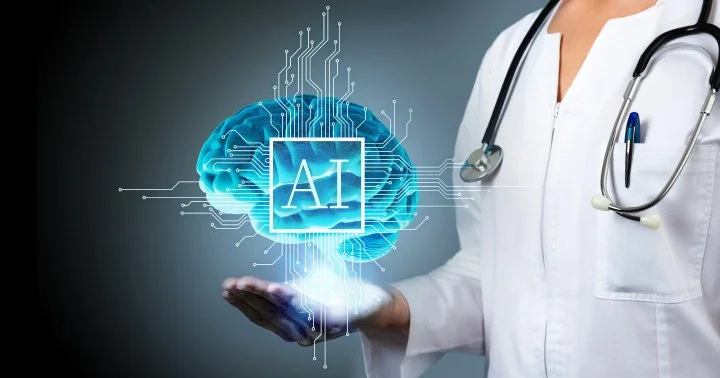
The real power of future Healthcare CRMs lies in the seamless integration of AI, automation, and analytics. Together, these technologies enable:
- Proactive Patient Care: Predictive analytics and AI can identify health risks, while automated workflows ensure timely follow-ups.
- Enhanced Patient Experience: Personalized communication, 24/7 virtual support, and proactive engagement improve satisfaction and loyalty.
- Operational Efficiency: Automation reduces administrative burden, streamlines workflows, and allows healthcare staff to focus on high-value clinical tasks.
- Data-Driven Decisions: Analytics provide actionable insights for clinical decision-making, resource allocation, and strategic planning.
5. Challenges and Considerations
While AI, automation, and analytics offer immense potential, implementing these technologies in Healthcare CRM comes with challenges:
- Data Privacy and Security: Handling sensitive patient information requires strict compliance with regulations like HIPAA. Encryption, secure APIs, and access controls are essential.
- Integration Complexity: Combining AI, automation, and analytics with existing systems requires robust IT infrastructure and interoperability standards.
- User Adoption: Healthcare staff need training to effectively leverage these technologies without disrupting workflows.
- Maintaining the Human Touch: Technology should complement, not replace, personal interactions between patients and providers.
6. The Road Ahead: Intelligent, Patient-Centric Healthcare
The future of Healthcare CRM is intelligent, predictive, and patient-focused. By integrating AI, automation, and analytics, healthcare organizations can deliver more personalized care, improve operational efficiency, and enhance patient satisfaction.
In the coming years, CRMs will become central to population health management, remote patient monitoring, telemedicine, and AI-driven care pathways. Healthcare providers that embrace these technologies will be better equipped to meet patient expectations, improve clinical outcomes, and thrive in an increasingly digital healthcare landscape.
Conclusion
Healthcare CRM systems are evolving from simple administrative tools to powerful, intelligent platforms that leverage AI, automation, and analytics. This transformation enables proactive care, personalized patient experiences, and data-driven decision-making. While challenges such as data privacy and integration complexity exist, the benefits far outweigh the risks.
The future of healthcare is patient-centric, predictive, and technology-driven, and the next-generation CRM systems will be at the heart of this revolution — ensuring healthcare providers deliver smarter, faster, and more compassionate care.
